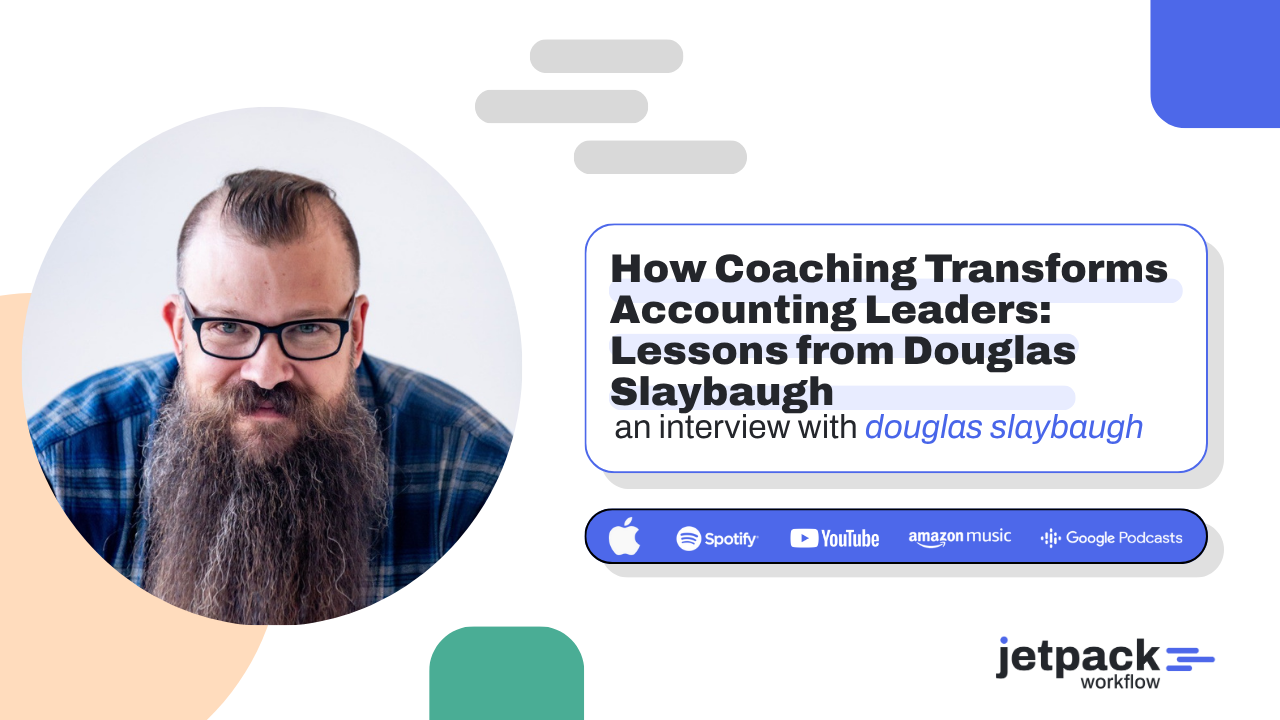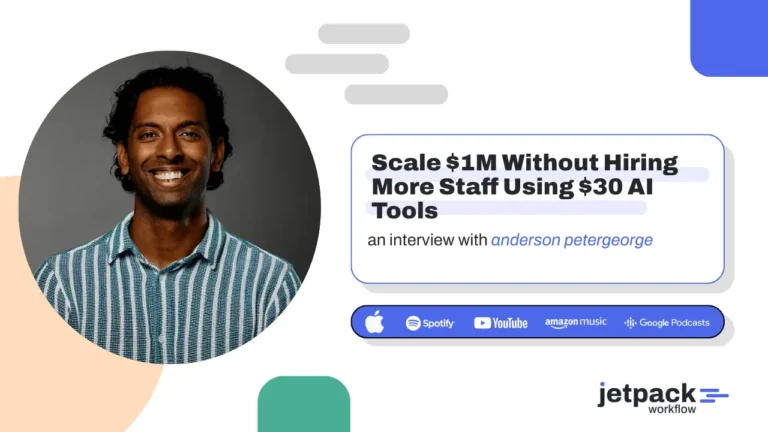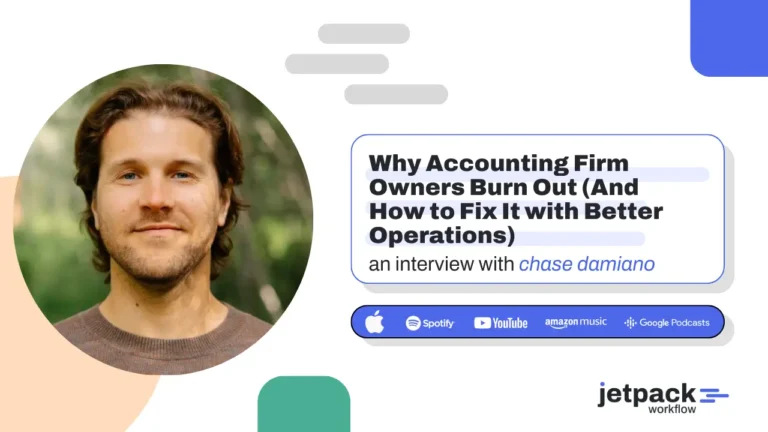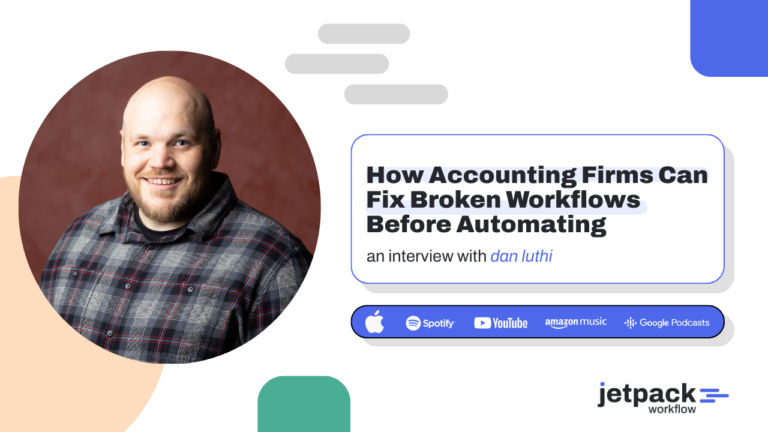How Coaching Transforms Accounting Leaders: Lessons from Douglas Slaybaugh

Douglas Slaybaugh, founder of CPA Coach, helps CPAs and accounting executives strengthen leadership, performance, and job satisfaction through better coaching and communication. His message to firm leaders is clear, being coachable is the key to thriving in a changing accounting landscape shaped by technology and talent challenges.
Key Takeaways
-
Coaching builds leverage, trust, and stronger teams in accounting firms
-
A growth mindset, or being coachable, is essential for adapting to change and technology
-
Firms should encourage informal, consistent feedback instead of rigid review systems
-
Partners set the tone for firm culture and must lead by example through self-coaching
-
Clear expectations and accountability improve performance and engagement
From CPA to Coach: Douglas Slaybaugh’s Journey
“Coaching is not about managing people. It is about empowering them to grow, lead, and take ownership.”
Douglas Slaybaugh began his career in public accounting at Arthur Andersen, where he admits he nearly lost his internship due to chronic lateness. Mentors stepped in and advocated for him, giving him another chance. That early experience showed him how powerful support and mentorship can be.
As he advanced through his career and became a partner, Slaybaugh discovered that coaching people brought him more fulfillment than signing audit reports. He developed internal coaching programs for hundreds of employees, focusing on leadership and personal growth.
In 2014, he made a bold decision to leave his partner role and launch CPA Coach, helping accounting leaders and executives achieve greater purpose and balance in their work.
“Mentorship saved my career. Coaching became my way to pay that forward.”
Why Coaching Matters in Accounting
In many firms, technical excellence is prioritized over people development. Slaybaugh saw firsthand how coaching could change that. By investing in his team’s growth, he created trust, autonomy, and stronger performance.
He recalls one partner who completed audit reviews in record time because his team was so well-coached that no surprises ever surfaced in the final file.
Through clear communication and trust, that partner achieved better leverage and higher profit margins with fewer billable hours.
“Leverage is built through trust, and trust is built through coaching.”
Slaybaugh followed that example. He managed nearly three million dollars in client revenue with fewer than 1,000 chargeable hours a year. His secret was simple: coach your people, trust your people, and the results will follow.
The Secret to Growth: Being Coachable
Slaybaugh believes the most underestimated skill in accounting leadership is being coachable. Many partners lose their growth mindset once they reach senior levels.
Without challenges above them, they often settle into a fixed way of thinking.
However, with disruption from AI, private equity, and new workforce expectations, adaptability is essential. Leaders who stay open to feedback are the ones who grow their firms.
“If you are not coachable right now, you will be left behind. The industry is moving too fast.”
Building a Coachable Firm Culture
Slaybaugh explains that coachability is partly a personality trait and partly a learned skill. While some people are naturally open to feedback, anyone can practice being more receptive to input and growth.
He encourages firm leaders to:
-
Remove unnecessary formality from performance reviews
-
Ask simple questions like “What is one thing I could do better next week?”
-
Normalize feedback as a daily interaction, not a yearly task
-
Lead by example by seeking coaching themselves
He cautions that when partners stop asking for help or feedback, it sets a poor tone for the entire firm. Leadership has to model coachability if they expect it from others.
How to Run More Effective One-on-Ones
Many managers turn one-on-one meetings into project check-ins, which miss the purpose of coaching. Slaybaugh recommends separating engagement discussions from growth conversations.
Instead of reviewing budgets or client issues, focus on the individual:
-
How have you been feeling about your workload?
-
What part of your job do you enjoy most right now?
-
What could I do to make your work easier or more meaningful?
He suggests holding one-on-ones monthly or bi-weekly, allowing time for employees to act on feedback. Partners should also assign small follow-up actions or homework to reinforce accountability.
“The best one-on-ones are not about work. They are about people.”
The Four Questions Every Manager Should Ask
To avoid confusion and missed deadlines, Slaybaugh teaches a simple framework for accountability:
-
What are you going to do?
-
When will you do it by?
-
How will I know it’s done?
-
What happens if it does or doesn’t get done?
These questions create clarity, ownership, and trust across every level of the firm.
Coaching in the Age of AI and Industry Change
Slaybaugh sees three major forces reshaping accounting today:
-
AI and automation are increasing efficiency but reducing billable-hour revenue
-
Private equity is driving firm acquisitions and changing expectations for growth
-
Talent shortages are leading to more nearshoring and offshoring at entry levels
These shifts mean firms must rethink how they develop their people. “The number one thing we have to focus on now is improving the experience of public accounting so people want to stay in it,” Slaybaugh says.
“AI will not replace accountants, but accountants who refuse to adapt will replace themselves.”
He also warns that leaders who fail to evolve pricing models or rethink their workforce structure risk falling behind more adaptive competitors.
Helping Accountants Shift from Technician to Owner
A common pattern Slaybaugh sees in small firm owners is the technician mindset, a cycle of endless client work, long hours, and constant stress. They act as employees of their own firm instead of true business owners.
His first piece of advice is to stop accepting new clients until the existing workload becomes intentional and profitable. Then, create structure around the kind of clients, services, and pricing that align with long-term goals.
He often references The E-Myth for Accountants to help firm owners understand that growth requires stepping out of the technician role and into the entrepreneur mindset.
“You cannot grow your firm if you are still stuck inside every spreadsheet. Step out to see the bigger picture.”
For Accountants Feeling Stuck: Where to Start
When a firm owner feels trapped in recurring busy seasons, Slaybaugh says the solution begins with self-awareness and intention.
Ask yourself:
-
What kind of clients do I want to serve?
-
What type of work gives me energy instead of stress?
-
What would success look like two years from now?
Once the vision becomes clear, start making intentional changes such as refining client lists, adjusting pricing, and building a structure that supports your goals.
“Set your intentions and act on them. Awareness is the first step, but change comes from deliberate action.”
Final Thoughts
For Douglas Slaybaugh, coaching is not about correcting mistakes. It is about unlocking potential. When firm leaders invest in their teams, encourage feedback, and model coachability, they transform both their people and their business.
Frequently Asked Questions
How can accounting firms use coaching to improve performance?
By training partners and managers to lead with curiosity and feedback instead of formality, firms can boost engagement, trust, and results.
Why is being coachable so important for accounting partners?
A growth mindset helps partners adapt to change, embrace technology, and lead more effectively in a rapidly evolving industry.
How often should partners hold one-on-one meetings with their teams?
Monthly one-on-ones focused on personal development, not project updates, strike the right balance between accountability and autonomy.
What’s the first step for firm leaders who feel stuck?
Set clear intentions, evaluate your client mix, and focus on developing people over production. Growth follows clarity.
Related Articles
-
The First 100 Days After an Acquisition – Ashley Rhoden’s Integration Framework
Learn how Ashley Rhoden helps firms navigate post-acquisition integration with clarity, communication, and structure. -
Questions Every Firm Leader Should Ask Before Taking Private Equity – Jennifer Wilson’s Guide
Jennifer Wilson shares the critical questions every firm owner should ask before partnering with private equity investors. -
How to Finance Accounting Firm Acquisitions – SBA Insights from Sarah Sharp and Shannon Hay
Discover how SBA financing can help firm owners expand strategically through acquisitions. -
I Sold My Accounting Firm – A Panel Discussion on the Process and Lessons
Hear firsthand insights from firm owners who successfully sold their practices and what they learned along the way. -
Inside the Minds of Firm Buyers – Lessons from Accounting M&A Leaders
Explore what drives today’s firm buyers and how to position your practice for future opportunities.
Build a More Coachable, Scalable Accounting Firm with Jetpack Workflow
Turn every coaching insight into action. Jetpack Workflow helps you organize client work, automate recurring tasks, and maintain firm-wide visibility so your team stays aligned and accountable as you grow.





